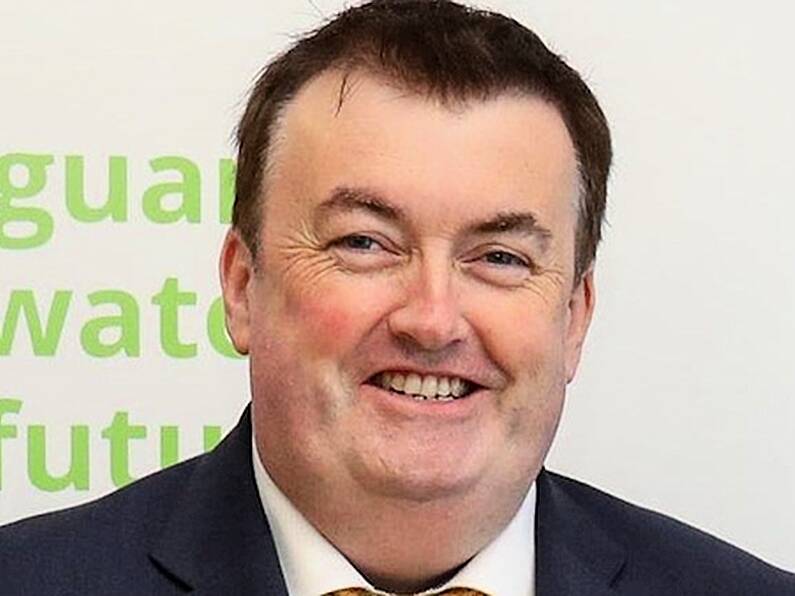A Government Budgetary Oversight Committee has called for better models for forecasting corporation tax receipts and Ireland's economic exposure to Brexit.
It comes as the Oireachtas releases its Post-Budget 2019 report today.
Committee Chairman, Colm Brophy TD, said: “The Committee seeks to make Ireland’s budget-making process more transparent, inclusive and subject to greater parliamentary scrutiny.
“We hope that all of our recommendations published today are received positively by the relevant departments and agencies.”
- Key recommendations:
- A second independent review of the sustainability of corporation tax receipts post-2020, given the evidence of Ireland’s current over-reliance on this source of revenue.
- More sophisticated forecasting of the potential 2019-2020 impact of Brexit on tax receipts, employment, spending and growth.
- A Department of Public Expenditure and Reform (DPER) review of its current use of three-year expenditure ceilings, with a focus on making medium-term forecasting more credible.
- Closer DPER, Health Department and HSE scrutiny in 2019 of expenditure on health services to break the pattern of budget overruns and mid-year increases.
- A DPER analysis of the budgetary impact on other capital projects caused by additional costs arising from the National Children’s Hospital project.
Deputy Brophy said: “We hope these recommendations can be examined and implemented alongside early and detailed engagement with the Committee as 2019 progresses.
“Ireland must do all it can to make its medium-term forecasting more accurate, detailed and insightful, particularly in relation to corporation tax receipts and health spending overruns.
"As a nation, we must keep an especially close watch on mid-year spending adjustments given the possibility that Brexit, with all its uncertainties, could be reality by then.”






